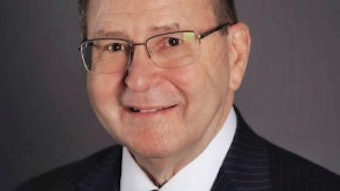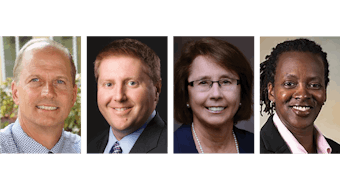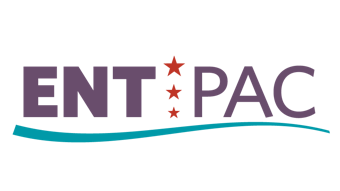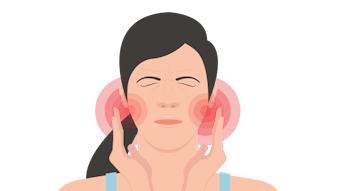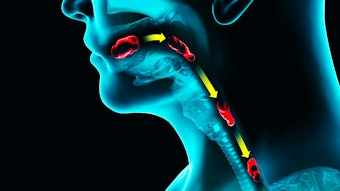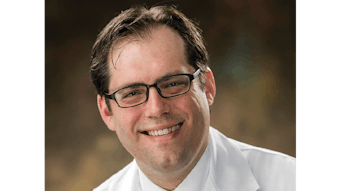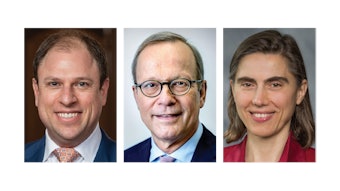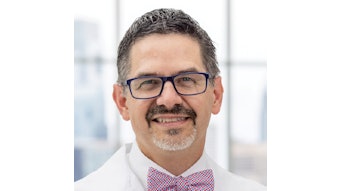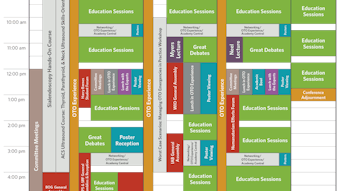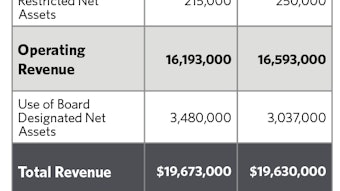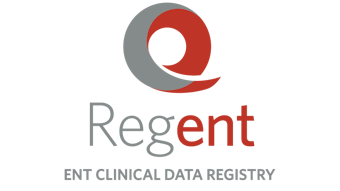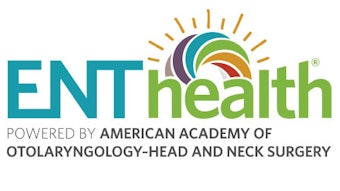Otolaryngology Patients with Dementia: A Growing Care Need and Opportunity
Given the associated personal and societal burden, dementia is one of the greatest global challenges for health and social care in the coming century.

Carrie L. Nieman MD, MPH; Anaïs Rameau MD, MPhil; and Yuri Agrawal MD, MPH
The population is aging, both nationally and globally, and with an aging population, the burden of age-related conditions is also growing. Within otolaryngology-head and neck surgery, when we consider aging, we often focus on conditions such as age-related hearing loss or presbylaryngus or the effect of frailty on head and neck cancer outcomes, among others. However, Alzheimer’s disease and related dementias represent a significant clinical and public health concern where age is also the primary risk factor. Given the associated personal and societal burden, dementia is one of the greatest global challenges for health and social care in the coming century.
Approximately 55 million individuals are living with dementia globally with an associated cost of $1.3 trillion, which is expected to increase to almost 80 million individuals by 2030 and $2.8 trillion associated costs. While age-related otolaryngic conditions, like age-related hearing loss, are highly prevalent in the United States, dementia is also prevalent—one in three older Americans will die with a diagnosis of dementia. The cost of caring for persons living with dementia in the U.S. is $321 billion, which does not include the estimated $272 billion of unpaid care provided by over 11 million care partners, primarily family and friends.
Although many of us experience dementia through the care of a loved one, professionally we have a role to play in caring for the growing population of persons aging with dementia. There are considerable contributions that we can provide as otolaryngologists to the person-centered care of individuals living with dementia and their quality of life, including the identification and management of hearing loss, falls, and dysphagia—some of the most common comorbidities that can occur alongside dementia. The prevalence of audiometric hearing loss ranges from 60% to 90% among persons living with dementia, while vestibular impairment is twice as common among persons living with dementia as age-matched controls. Regarding dysphagia, over 85% of individuals in late-stage dementia have swallowing dysfunction.
The relationship between hearing loss and dementia and the potential for hearing care to serve as primary prevention of dementia has garnered significant attention in the past decade. However, relatively little is known regarding hearing care as tertiary prevention to mitigate some of the consequences of dementia by addressing hearing loss among individuals already aging with dementia and hearing loss. Increasingly recognized for its role in healthy aging, hearing loss has been independently associated with aspects of dementia that can lead to significant burden for individuals, care partners, and society, namely neuropsychiatric symptoms.
Neuropsychiatric symptoms include the noncognitive aspects of dementia, such as anxiety, depression, and agitation, and are almost universally experienced by patients with cognitive impairment, from those with mild cognitive impairment to dementia. Neuropsychiatric symptoms are associated with worse outcomes for patients, from increased morbidity and mortality to institutionalization. Hearing loss has been independently associated with a greater number of neuropsychiatric symptoms and increased severity, and hearing care, in the form of hearing aids, may be protective.
In counseling patients with cognitive impairment and their care partners, providers should assume the patient has some degree of hearing loss and incorporate communication strategies. Strategies include speaking clearly, using written and visual cues as much as possible along with clear transitions between topics, incorporating nonverbal communication, and including care partners whenever possible. When discussing hearing loss management, providers should discuss communication strategies that care partners can also employ. Regarding sensory management through amplification, providers should consider options that may benefit an individual’s hearing goals but also fit within their broader communication and cognitive needs.
When considering device recommendations, providers need to consider the patient’s manual dexterity, prior technology experience and openness to using technology, and availability of ongoing support at home. Providers must also consider the severity of the individual’s cognitive impairment and may consider counseling individuals with mild cognitive impairment to begin wearing hearing aids or an amplification device sooner in order to routinize device use as much as possible prior to continued cognitive declines. However, an individual’s cognitive status, particularly if more severe, should not be used as the sole determination of whether they may benefit from amplification in some form.
Hearing aids can be helpful, but over-the-counter options can offer a greater degree of affordability and accessibility for patients and their care partners who are often managing a number of competing priorities. Larger, hand-held devices, such as the Pocketalker or SuperEar, can be easier to manipulate for the patient and care partner and can also be easier for the care partner to place the device on the patient and manage settings, like volume, off of the patient’s ear. Larger devices are also less likely to be misplaced or forgotten in the laundry. Affordable over-the-counter devices can be replaced more readily, or multiple devices can be purchased and stationed around the individual’s living space for easy access. By prioritizing hearing and communication, otolaryngologists can provide practical and affordable hearing care options that can ease frustrations and foster meaningful engagement.
Similar to hearing loss, the prevalence of vestibular impairment increases with age, where >80% of older adults 80 years and older have clinically significant vestibular impairment. Vestibular impairment is also increasingly recognized as a contributor to falls among persons living with dementia. Falls occur more commonly among individuals with dementia and, similar to neuropsychiatric symptoms, falls are associated with institutionalization, mortality, and greater costs. The contribution of the vestibular system to the risk of falls among persons living with dementia highlights the potential role of vestibular physical therapy for fall prevention, which may be an underutilized intervention that otolaryngologists can offer to their patients.
Beyond hearing and balance, otolaryngologists can also contribute to the identification and management of dysphagia. Feeding difficulties along with swallowing dysfunction are common among persons living with dementia, and the leading cause of mortality. They can lead to weight loss, aspiration, dehydration, and, ultimately, functional deterioration, morbidity from aspiration pneumonia and death.
Discussions with individuals and their care partners should begin as early as concerns are detected because proactive and interdisciplinary approaches can benefit patients in reducing the rate of swallowing function decline. Although there are limitations, bedside swallow evaluations or instrumental evaluations can play a role in screening for dysphagia. Evidence-based interventions that target dysphagia in persons living with dementia exist. Education around dysphagia and, specifically engaging the care partner, can improve weight and oral intake. Modification of food consistencies, such as honey-thick textures, may be helpful, but data are limited on the effectiveness of thickening food to prevent aspiration. Finally, postural maneuvers, like the chin tuck, can be beneficial but compliance can be challenging. Regardless, swallowing concerns should be elicited from patients and their care partners as an important component of maintaining quality of life for persons living with dementia.
As our field begins to care for a growing number of older adults, otolaryngologists will increasingly encounter patients who are aging with dementia. We have tangible and meaningful care contributions that can benefit individuals and their care partners. Partnering with local primary care providers or geriatricians as well as patient-facing organizations, such as the Alzheimer’s Association, can open avenues for collaboration and access to needed care for persons living with dementia.
References
Livingston, G., et al.(2017). Dementia prevention, intervention, and care. The Lancet, 390(10113), 2673-2734.
Livingston, G., et al. (2020). Dementia prevention, intervention, and care: 2020 report of the Lancet Commission. The Lancet, 396(10248), 413-446.
Alzheimer’s Association. 2022 Alzheimer’s Disease Facts and Figures. Alzheimer’s Dement 2022;18.
